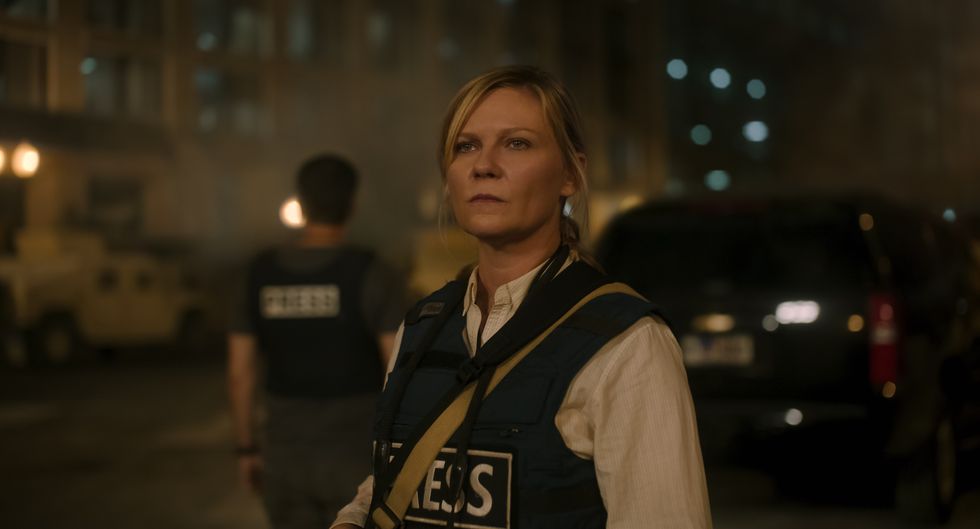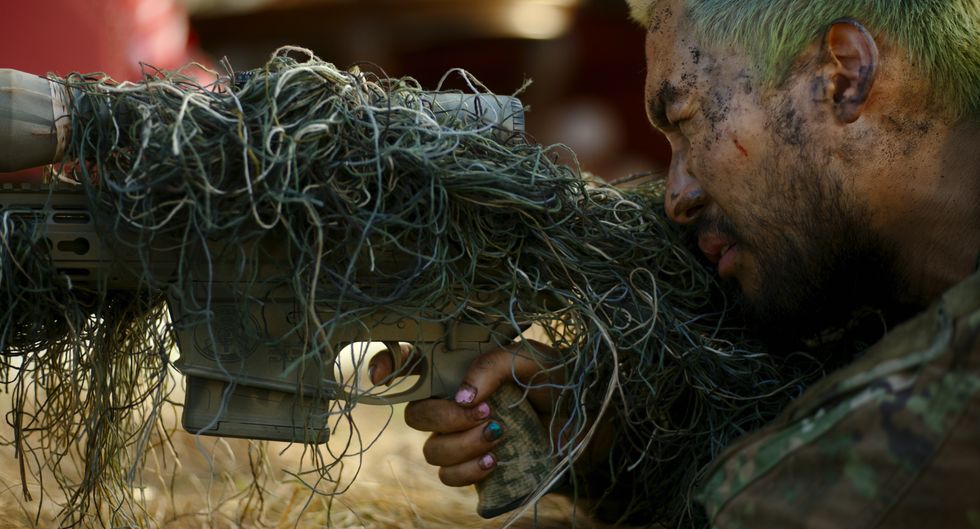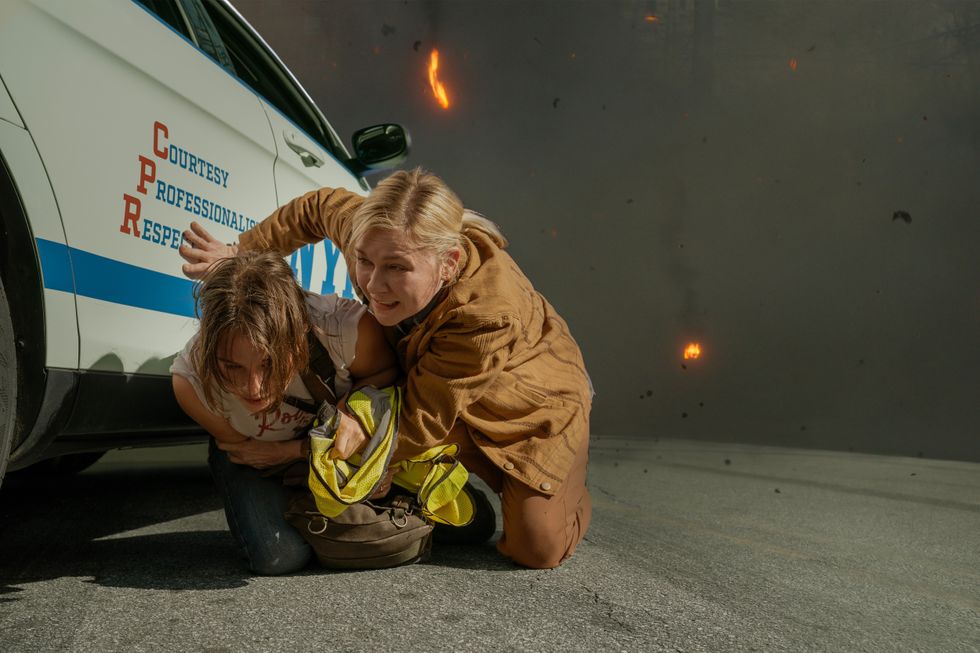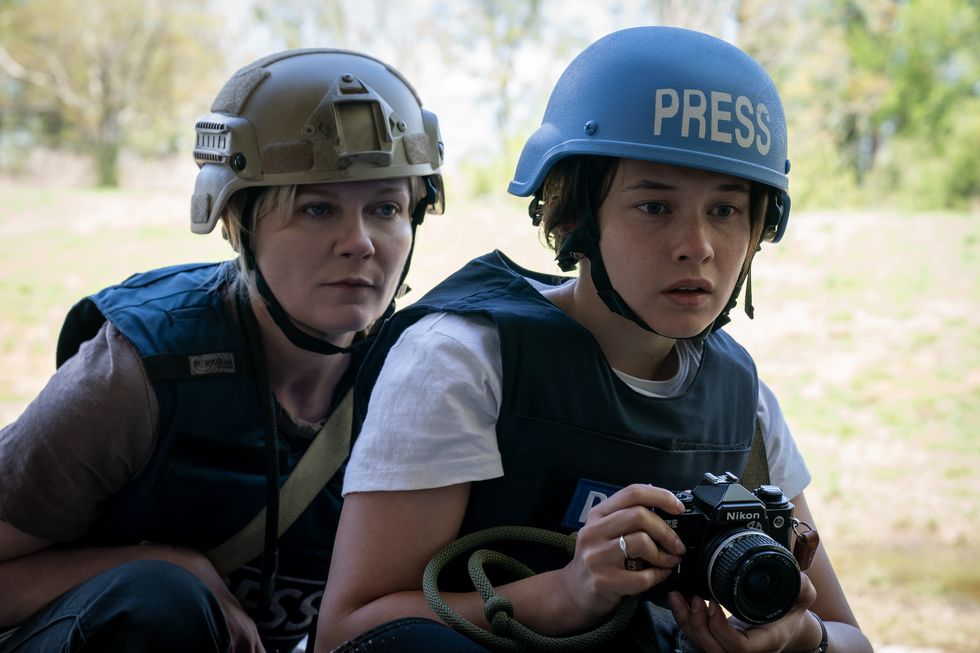Nichols’ 6 Modes of Documentary Might Expand Your Storytelling Strategies
Documentaries are supposed to be true. But as filmmakers, we know that our films -- true or not -- are constructs. Are there rules we should follow to make a great, honest documentary?

Nope! That's what's great about docs. Since as a species we can't agree on what truth, knowledge, or reality is, there's so much room for documentary filmmakers to play! A look at the trends in the last 100 years of film history in Bill Nichols' classic film text Introduction to Documentary might confirm this and inspire you to take on new creative risks in referencing them to your own work. Nichols' coins six sub-genres of documentary according to the method filmmakers use to convey the truth, and he introduces us to the modes like this:
Individual voices lend themselves to an auteur theory of cinema, while shared voices lend themselves to a genre theory of cinema. Genre study considers the qualities that characterize groupings of various of filmmakers. In documentary film and video, we can identify six modes of representation that function something like sub-genres of the documentary genre itself: poetic, expository, participatory, observational, reflexive, performative. These six modes establish a loose framework of affiliation within which individuals may work; they set up conventions that a given film may adopt; and they provide specific expectations viewers anticipate having fulfilled.
Introduction to Documentary is a great read for any filmmaker, with provocative film theories guaranteed to send you late into the night on wine-fueled philosophical discussions. The following is a quick breakdown of the six modes, with illustrative trailers that do an even better job of explaining the sub-genre. Read, watch, and be inspired to create the next sub-genre!
Poetic Documentary
Instead of using traditional linear continuity to create story structure, the poetic documentary filmmaker arrives at its point by arranging footage in an order to evoke an audience association through tone, rhythm, or spatial juxtaposition. Following in the tradition of Godfrey Reggio's Qatsi Trilogy, Ron Fricke's breathtaking 70mm Samsara is a fine example.
Expository Documentary
Also having first appeared in the 1920's along with the poetic documentary, the expository documentary on the other hand constructs a specific argument or a point of view for the audience. Generally, the formula is a resonating, authoritative voice (like the silky baritone of Morgan Freeman in March of the Penguins) that tells you something with corresponding footage proving that it is, indeed, true.
Observational Documentary
In reaction to previous forms of documentary and to changing camera technology, both Direct Cinema and Cinema Verite movements started to appear in the 1960s that embraced observational documentary -- that is, the filmmaker observing truth by letting the camera capture its subjects uninterrupted. The seminal film Salesman from the Maysles Brothers and Charlotte Zwerin features all the skinny ties, cigarettes, and overized bibles you could ever want as seen in this brilliant trailer.
Participatory Documentary
Around the same time as Direct Cinema style of observing without interfering showed up, so did the opposite sensibility. The participatory documentary invited the subjects to participate with the filmmaker -- usually by being interviewed. The first-person storytelling accounts shared with Errol Morris in his breakout film The Thin Blue Line should be in every filmmaker's must-watch queue.
Reflexive Documentary
The most Brechtian of the sub-genres, reflexive documentary is not about the relationship with the filmmaker and the subject, but rather the filmmaker and the audience. Showing the man (or woman) behind the curtain to the audience should shake the core of the whole damned process of storytelling, as in Sarah Polley's masterful Stories We Tell.
Performative Documentary
Showing up in the 1980s along with the reflexive sub-genre, the performative documentary emphasizes truth as relative, favoring a personal take over the objective lens. You can see the subjective poetics of autobiographical experience in the trailer for Marlon Riggs' Tongues Untied.
Do you have recommendations for documentary titles that illustrate these sub-genres? How do you feel about Nichols' labels, and do you see any new forms of documentary emerging?
Source: Introduction to Documentary
- Nichols’ 6 Modes of Documentary Might Expand Your Storytelling Strategies ›
- Why the Sound Devices MixPre II Could Be the Last Mixer Recorder You Buy ›
- Why the Lectrosonics L-Series is the Best Wireless Kit to Own ›
- 6 Things I Like About the Sony FX3... and a Few I Don't ›
- Five Nights at Freddy's Ending Explained ›
















